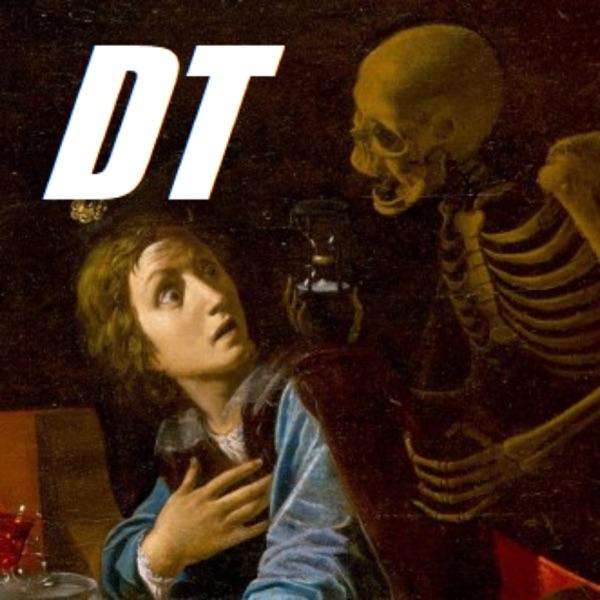

This episode, "Compassionate Curiosity," features Kathy Steele, famed co-author of The Haunted Self, advocating for a collaborative therapeutic model in resolving severe traumatization, in which attachment phobias are addressed by giving the client (perhaps "gifting" the client) responsibility in treatment. In this manner, the client begins to experience authentic relationship, rather than the therapist supporting maladaptive coping by becoming either a rescuer or an expert (or both).
Ms. Steele is a Past President and Fellow of the International Society for the Study of Trauma and Dissociation (ISSTD), and has also served two terms on the Board of the International Society for Traumatic Stress Studies (ISTSS). She has received a number of awards for her work, including the Lifetime Achievement Award from ISSTD, an Emory University Distinguished Alumni Award, and the Cornelia B. Wilbur Award for Outstanding Clinical Contributions from ISSTD. Publications include The Haunted Self (co-author), Treating Trauma-Related Dissociation (first author), and many book chapters.
Highlights include:
-How therapists facilitate dependency by reinforcing attachment phobias-Polyvagal theory and the collaborative approach
-The wisdom of prioritizing relationship over knowing "what's going on"-The importance of the client having a persistent "felt sense" of the therapeutic relationship, rather than having unlimited therapist availability and poor boundaries
-Curiosity as a tool for making resistance and relationship rupture the most important moments in treatment-Sharing confusion with the client about treatment direction, to drive collaborative treatment an activate the client's exploration system
-Psychoeducational discussion as an underrated toolLook for Ms. Steele's online trainings, resources, books, and consultation groups at kathy-steele.com.
In future (as in past) episodes, guests will offer counterpoints to Ms. Steele's views, and this video is a dialogue, rather than an endorsement of her perspective. Likewise, The Dissociative Table does not endorse the views of its hosts, nor do any professional organizations to which the hosts might belong.
Join the discussion of this episode and others at the anonymous, free, clinicians-only discussion board by emailing dissociativetable@gmail.com.
The music in this episode is taken from the song "Low Winter Sun," from Cracked Machine's album Gates of Keras. The band has generously donated rights to their music in support of increased global access to effective trauma treatment. Stream or download at:https://crackedmachine.bandcamp.com/